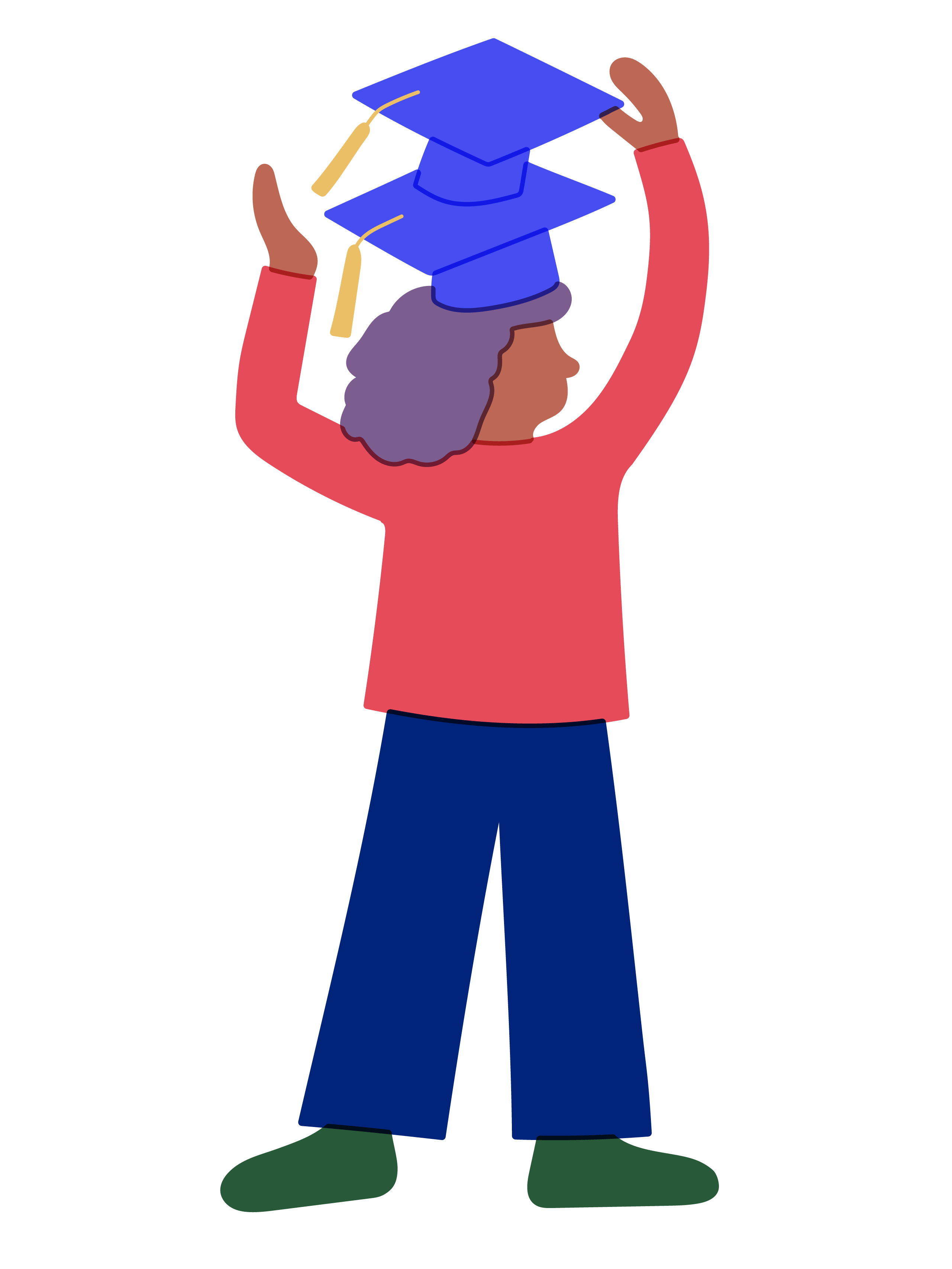So, here you are with your to-do list for graduate school applications: you have to research schools, reach out to all of the requisite faculty members to see if there are openings in their lab, get your transcripts in order, study for the GRE, find individuals who know you well enough to write recommendation letters, and write those dreaded personal statements. That is the short list: it’s overwhelming, it all has to get done and there just doesn’t seem to be enough time in the day to do so.
While the studying, and gathering your transcripts and recommendations may feel daunting, those may be takes that you are familiar with. There are even templates available online to help you reach out faculty members and recommenders. But that personal statement? How do you write about your accomplishments without seeming arrogant? How do you stand out in all the right ways? How do you maintain your authenticity? I have spent many hours over the last year writing essays for my Clinical Psychology internship applications, and the one rule that I wish I had abided by is: if you get overwhelmed, put it away and come back to it later.
When you’re a hammer, everything looks like a nail. I really wanted to nail my statements. So, I would stare at my personal statements and essays for hours, writing everything that came to mind, deleting whole paragraphs, feeling overwhelmed, and then procrastinating by doom-scrolling or online shopping. If my momentum was hit by a sudden roadblock, I'd feel increasingly frustrated, my perfectionism telling me that nothing was good enough. Taking a break would have saved me the spiral.
There’s evidence to support the “take a break rule.” In 1926, Graham Wallas posited that creative thought proceeds in four stages: preparation, incubation, illumination, and verification. Preparation refers to gathering information and setting yourself up to address the problem; incubation refers to taking a conscious break from the problem; illumination is the period in which an insight might emerge; and verification is using this insight to ensure that the problem is solved. Time away from a problem can help through a number of ways: sometimes you get new information, sometimes you allow your mind to wander consciously, or subconsciously. Alternatively, when you’re hammering away at a problem, fatigue can set in, which will dissipate with a break. Whatever the mechanism(s), the fact is that sometimes it’s better to walk away. A break can help you gain insights into the narrative you are crafting.
I should caveat this by saying walking away doesn’t have to look like taking a break, per se. Sometimes it can look like doing other work that you have piled up; sometimes it’s going to the gym or on a walk. The point is to walk away from the specific task that is overwhelming you. Once you feel re-energized to tackle the task, feel free to return to it!


Comments